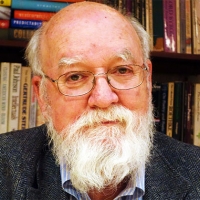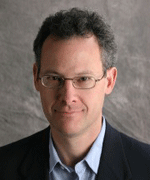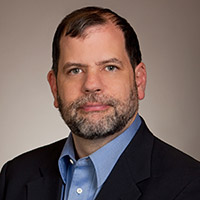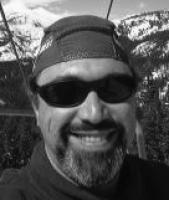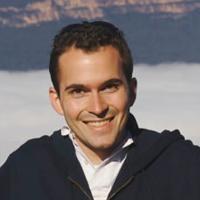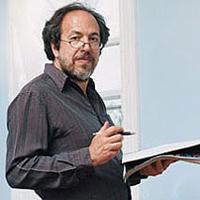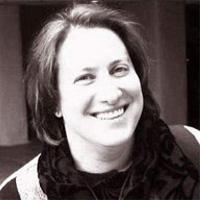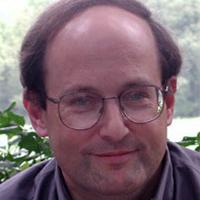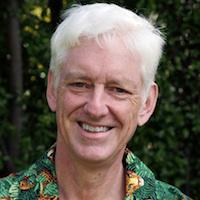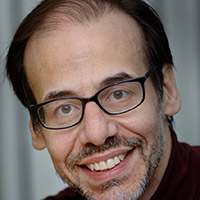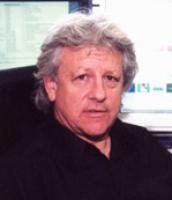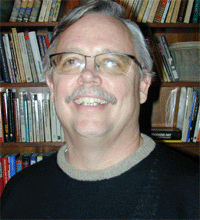
Introduction
By John Brockman
You wouldn't expect that the personal computer would have been invented and commercialized in 1974 by a company of twenty employees called MITS in Albuquerque. You would expect that the personal computer would have come out of the labs at IBM or Xerox PARC. But that's not what happened, and David Bunnell was present at the creation, having left his job as a sixth-grade teacher in the Chicago public schools to find his place in what he perceived to be a new and important industry.
"One of the more interesting things that happened," he recalls, "was that two fellows in Cambridge, Massachusetts, noticed the Altair on the cover of the January 1975 issue of Popular Electronics and got very excited about working at MITS to develop software for this first personal computer. Their names were Bill Gates and Paul Allen. They created a basic language program for the Altair and called us up and said, 'Gee, wouldn't you like to have Basic for the Altair?' The company president, Ed Roberts, who is regarded by many as the father of the personal computer, replied, 'Well, if you can show us that it works, we'd love to have it.'
"Paul Allen hopped on an airplane and flew to Albuquerque and demonstrated that Basic worked, even though Paul and Bill hadn't seen an Altair. They created the Basic language interpreter on a mainframe computer at Harvard University using an emulator for the 8080 Intel chip that was the brains of the Altair. The entire personal computer industry sprung out of MITS, and the Altair, and Paul Allen and Bill Gates."
"I worked with David in the very early days of this business when it wasn't really a business and nobody paid attention." recalls Bill Gates. "And he did the first computer convention, which was a MITS Altair-based thing. And he did the first interesting magazine, PC Magazine. Then PC World got involved with him on encouraging him to do MacWorld. You know, it's great to have somebody who's played the role he has. I think it's a real contribution."
That David happened to be at the right place at the right time and was able to take advantage of it was probably no accident. And that circumstance has been a hallmark of his career in the personal computer industry. He was not a technical person like everybody else; it was his job as a writer and an editor to interpret the personal computer for people who wanted to use it, to explain what you could do with it, and to help market it. That became his role not just at MITS but in the industry at large. At MITS, David and his colleagues created the first retail computer stores, the first computer conventions, the first publications. David, present at the creation, has been a player from the very beginning.
David is best known among his peers not for his stunning successes in promoting the personal-computer magazine industry but for his idealistic and deeply humanistic vision. (Perhaps this just means that he's not quite as greedy as his counterparts in the computer revolution.) He devotes his considerable energies and resources to this end. One of his favorite projects is Computers and You, a program he founded at San Francisco's Glide Memorial Church to give hundreds of underprivileged kids and homeless adults computer training every day.
After a detour into biotechnology, David came back just in time for the Internet. He is now publisher and editor of Upside Magazine.
— JB
DAVID BUNNELL is the founder of several major media properties including PC Magazine, PC World, Macworld, Macworld Expo, New Media and BioWorld.
David Bunnell's Edge Bio Page

